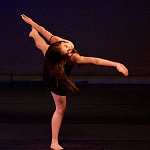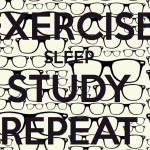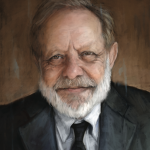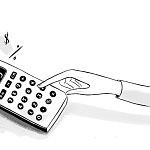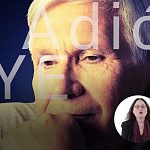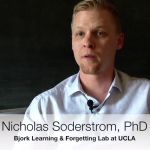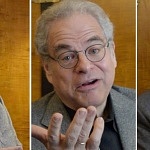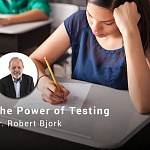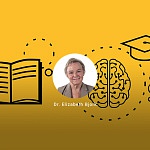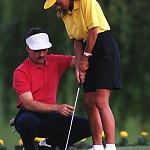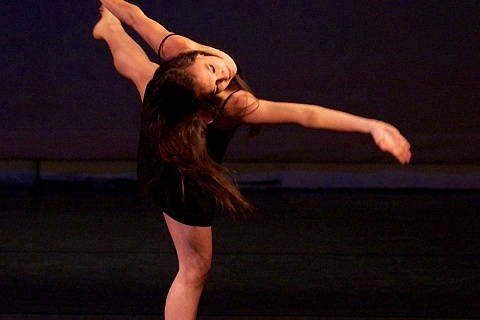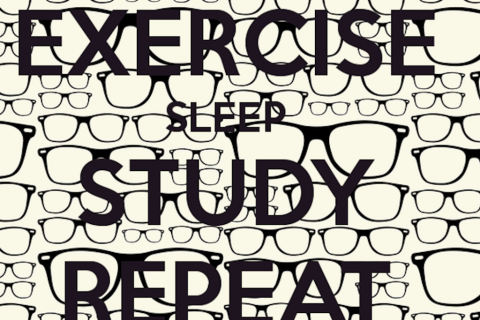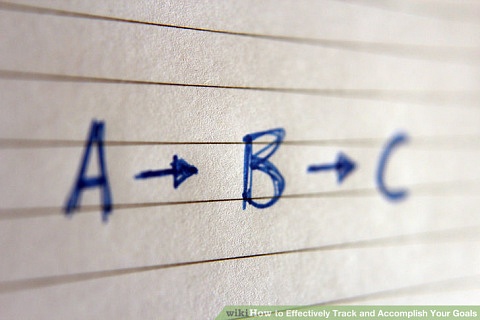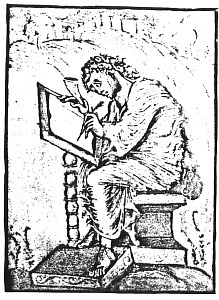We’ve all heard the old adage, “practice makes perfect.” It’s the idea that if we just practice long and hard enough, doing the same thing over and over, we can master anything. Here’s the problem: It’s not the amount of practice that matters, but rather the type of practice that really counts. This is important because decades of empirical research have shown that the types of practice that people prefer and use are typically much less effective than they could be. Both learners and educators are often misled or misinformed as to what are, and are not, effective conditions of practice for lasting learning to occur.
Let’s take a look at some ineffective practice techniques commonly used in both the classroom and on the field:
Meet Lucy, Paul, and Jim
- Lucy is a hard-working student who believes in the idea that repetition leads to success. You can be certain to find Lucy studying day and night, rereading chapters for her medical board exam over and over.
- Similarly, Paul, in an effort to improve his free throw shooting on the basketball court, attempts dozens of free throws at a time from the free throw line.
–Our Verdict: Lucy and Paul have the right mindset that hard work can pay off, and their use of repetitive practice will lead to gains in short-term performance. However, these gains will likely vanish rapidly and will make little difference when it matters most—during a real game or actual exam.
- Finally, Jim, like so many others, craves learning techniques that make learning fast and easy, and avoids putting in the effort. If there are shortcuts he can take to get the work done, he’ll take them.
–Our Verdict: Jim, like Lucy and Paul, is using relatively ineffective practice techniques that, while they may lead to short-term success, will likely fail to promote real conceptual understanding and learning of the material.
Somewhat surprisingly, many learning or teaching techniques that lead to rapid improvements in performance during study practice do not in fact foster durable and flexible learning. Common sense would suggest that if I do the necessary practice, I must be learning, right?
But the opposite can be true. Renowned memory and learning researchers, Drs. Robert and Elizabeth Bjork at the University of California, Los Angeles (UCLA), have shown that learners and educators can be misled by their subjective impressions and current performance. For example, the experience of re-reading a chapter for the tenth time or shooting free throws over and over again can create a sense of familiarity—“I know that!” or “I’m getting pretty good at this!”—that can easily be confused with actual understanding and learning.
So, what ARE some good practice techniques that will actually lead to long-term learning? Here are some techniques and conditions of learning that might create short-term challenges and difficulties but can promote learning:
- Varying the conditions of practice, rather than keeping them constant and predictable. Anything that becomes automatic and too cozy – change it up. Study the same material in different rooms and practice your free throws from different locations and distances. Challenge yourself!
- Mixing, or interleaving, several skills or topics together, rather than studying topics or practicing skills one at a time. This is especially important if the ultimate goal is to perform the task in combination with other skills and information.
- Spacing, rather than massing, practice sessions. Learners should return to the material just as it’s beginning to slip away, so there’s a struggle to retrieve the information or skill. This type of struggle induces durable learning.
- Using tests, rather than re-exposures, as practice events. Remember that re-reading can create a misleading sense of familiarity, and on top of that, it can rob you of powerful learning opportunities—namely, attempts to retrieve the information from your own memory.
So what is the take-home message here? The important point to remember is that practice can make perfect only if the right type of practice is used!!

